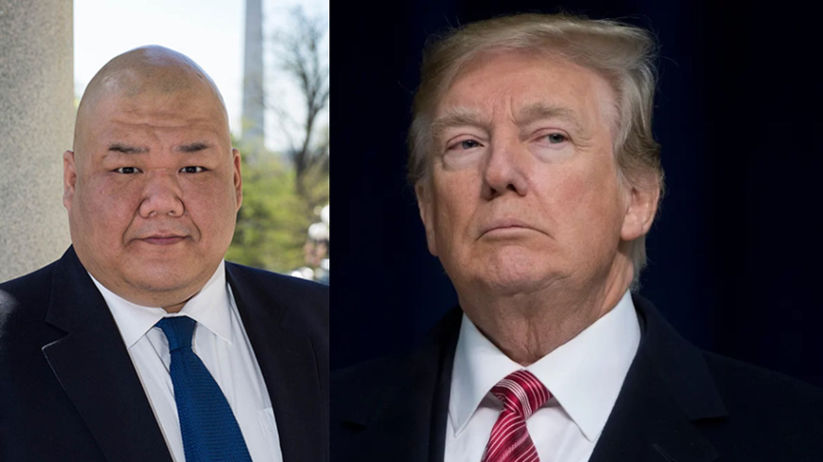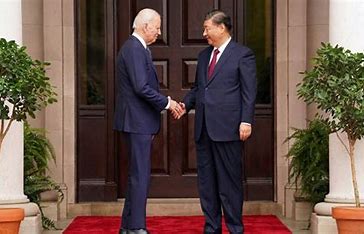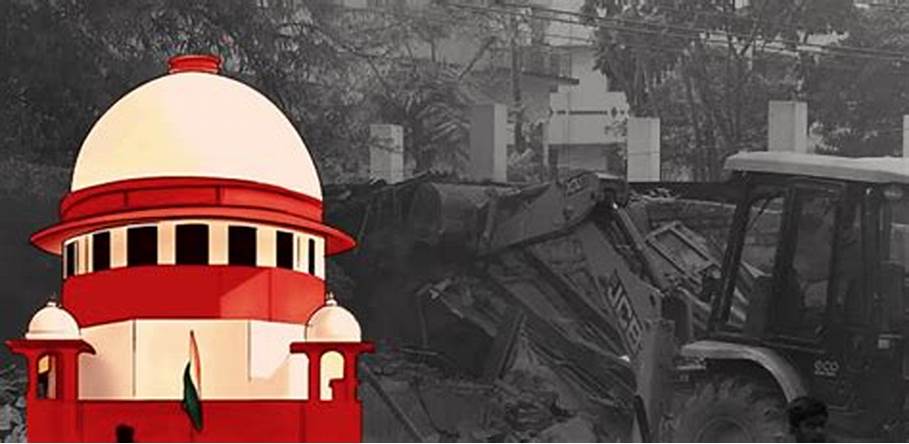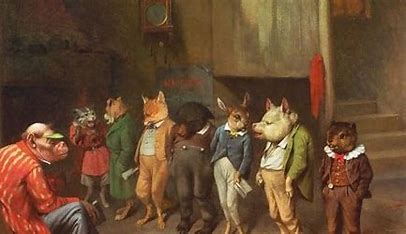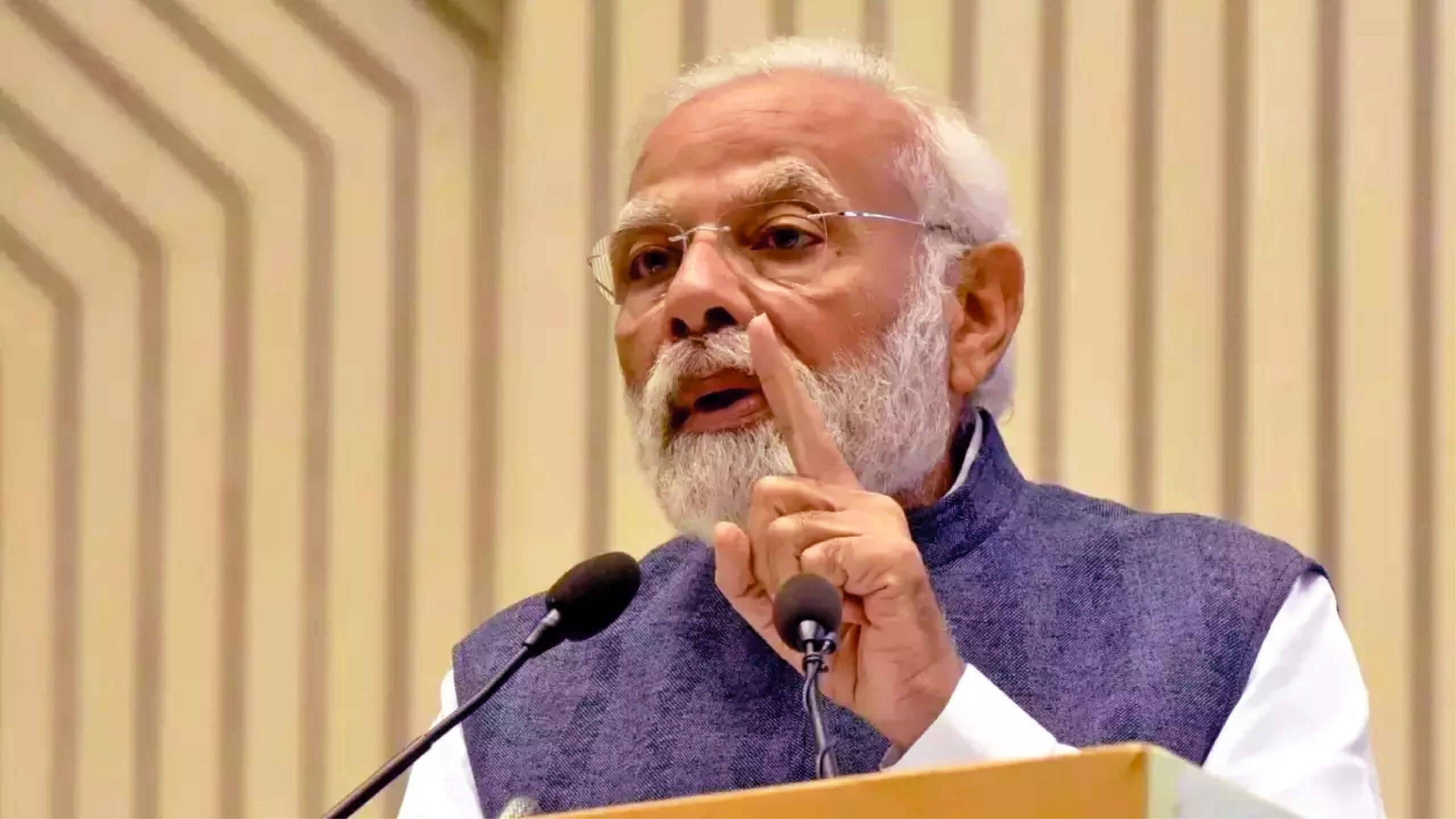
Ashok Tandon was not only Prime Minister Atal Behari Vajpayee’s media advisor, but he has always been a very well-informed journalist, completely low-key and never boastful of his immense knowledge about the country’s affairs. He has witnessed the unfolding of history from very close quarters; he served the Press Trust of India (PTI) for a long time and also served as the agency’s London Correspondent. Tandon has been privy to a lot of things and has rarely volunteered to provide his perspective on vital issues unless pressed to do so.
Last week, his book, “The Reverse Swing, Colonialism to Cooperation” published by Prabhat Prakashan was released at the Gandhi Smriti on Tees January Marg by Union Minister Hardeep Singh Puri, who has known him since his student days. The choice of Puri doing the honours was very apt, and it was not surprising that many of the author’s friends from his Delhi University days and many who were mentored by him turned up for the event. Amongst them were at least four former DUSU presidents—Subhash Goyal, Bhagwan Singh, Vijay Goyal, and Vijay Jolly. For many of Tandon’s numerous admirers, it should be mentioned that he was involved with DUSU politics for quite a while, and along with Suresh Kaushik and Raj Kumar Bhatia, made the Akhil Bharatiya Vidhyarthi Parishad, a force to reckon with on the campus.
Amongst those who were elevated to the position of DUSU presidents when he was directly in-charge, included former Union Minister Arun Jaitley, the current Vishwa Hindu Parishad Boss, Alok Kumar besides Prof. Shriram Khanna, and Bhagwan Singh. Tandon had himself contested the DUSU election in 1969 and narrowly lost to Subhash Sawhney. Therefore, he has always been an intrinsic part of Delhi University’s growth story and is one of the most recognisable figures whenever anyone recalls the chapter of student politics in this esteemed institution’s 100-year-old history.
There are many anecdotes which feature Tandon as the mentor to many leaders and his long association with the Rashtriya Swayamsewak Sangh (RSS), which has been the driving force behind his many achievements. A student of Deshbandhu College, he went on to complete his Masters in Political Science and embarked on his journalistic career at Hindustan Samachar before joining the PTI. When Vajpayee became the Prime Minister, there were multiple aspirants but the BJP leader opted for Tandon, knowing his potential and massive network which cut across party lines. In his very readable book, Tandon has mostly spoken about his observations on many ticklish foreign affairs issues regarding New Delhi. The book was released as Narendra Modi, the first Prime Minister born post-Independence, is leading India and Rishi Sunak, the first ever Indian-origin Prime Minister is at the helm of affairs in the United Kingdom.
The book, as per its introduction, comprises 24 topic-series and a concluding chapter on the ups and downs in Indo-British relations with a historical perspective, laced with some interesting anecdotes from pages of the history of their love-hate relationship up to the contemporary positive landscape of constructive engagement between the two successful democracies based on equality, mutual respect and commonality of interests in bilateral relations in political, economic and strategic fields. What has been written in the book can be of immense value to scholars and Tandon also touches upon many little-known aspects of various achievements made during the Vajpayee era. There are some details which shed light on how the country conducted its nuclear test at the beginning of Vajpayee’s second term in office and how the entire operation was carried out in utmost secrecy.
The Americans were determined not to allow India to become a nuclear power and the US Ambassador in the mid 1990s, Frank Wisner, had also made the then Prime Minister, PV Narasimha Rao desist from carrying out the tests. When Vajpayee took over from Narasimha Rao, the former Prime Minister passed on a chit to his successor, urging him to complete the unfinished task. The government lasted for only 13 days and Wisner in his communication to the State Department stated that Vajpayee may not go by the US warning. On his return to power in 1998, amongst the first tasks was to carry out the tests thereby taking the entire world by surprise. The central government faced the consequences but Vajpayee was adamant. Tandon also writes about how the choice of Dr Abdul Kalam as the presidential nominee had stunned the Congress which was in favour of giving a second term to KR Narayanan though there was speculation on Krishan Kant or Dr PC Alexander also being in the race. There is also interesting information on why the foreign office opposed the appointment of journalist Kuldeep Nayar as the High Commissioner to Islamabad and the reasons involved. Tandon has shed light on a number of issues and this book is certainly a document that would always be consulted when these matters get discussed or raised. Tandon’s has been a long story from an RSS volunteer to one of the most successful but understated journalists of our times. Another book could be in the pipeline.
